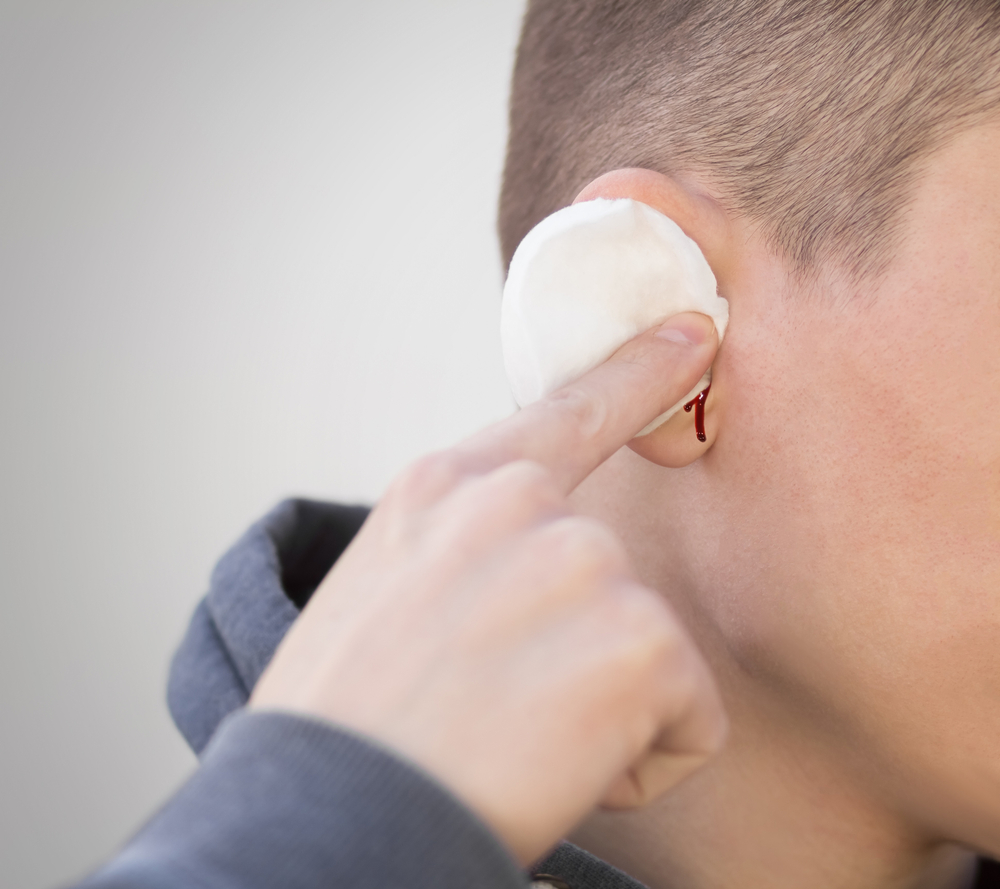We call it “age-related hearing loss.” As a society, we don’t just see hearing impairment;as a possibility as a person ages. We see it as an inevitable part of the aging process.
But this new study on whales shows what audiologists and researchers alike have been proclaiming for some time. Age-related hearing loss isn’t caused by aging. It’s 100% preventable.
Belugas, the Social Sea Creature
The beluga whale is memorable for its stark white body and very round head. A highly social sea mammal, a beluga whale sighting often includes the discovery of hundreds of whales, “hanging out” and “enjoying” each other’s company, not unlike you might do when go take part in social clubs or activities.
Beluga’s are known as the most vocal of all whale species. While you might think of sea creatures as relatively quiet compared to birds, dogs, humans or other talkative creatures, actually they love to talk with each other.
You might even say that belugas live to socialize. That’s not unlike humans, dogs, chimps and other mammals who are healthiest and happiest when they have other mammals around to socialize with.
Belugas: The Perfect Mammal to Study Hearing Loss
Because belugas are such talkative creatures, hearing is very important to them. To find their friends in the vast ocean and to be involved in those deep sea conversations, they need their sense of hearing.
Scientists wondered. Just how good is a beluga’s hearing?
They decided to find out. They performed one of the first hearing tests on wild marine mammals. In addition to auditory tests and an overall health evaluation, they used a very human brain scan technique taking only five minutes per whale.
They found that belugas do in fact have very good hearing. But they also discovered something they didn’t expect to find.
As they tested belugas of various ages from the very young to the very old, they found that there was very little prevalence of hearing loss.
Older belugas were not statistically more likely to have hearing loss than younger ones.
Another Hearing Loss Study of Marine Animals Illuminates the Significance of This Study
Researchers have previously given hearing tests to bottlenose dolphins, yet these tests revealed something completely different. These dolphins did have higher levels of hearing loss as they aged. The older they were, the more likely they were to have hearing loss.
Dolphins experience age-related hearing loss similar to humans, but beluga whales don’t. Researchers searched for a reason.
The key was found in where the dolphins lived. The bottlenose dolphins live in very noisy waters, near oil platforms, freight vessels and other very loud human-made machinery.
The beluga whale lives in the icy waters of the Arctic beyond where most humans dwell. Their waters are fairly quiet with little human presence.
Now consider your own habitat.
You may be exposed to farm machinery, motorcycles, 4-wheelers, factory equipment, lawn mowers, highway traffic, sirens, watercraft, hunters or simply loud music. Chances are, on a daily basis, you’re exposed to more than one of these sounds.
Many of these sounds can damage hearing within as little as 15 minutes. Others may take prolonged exposure. But each can cause permanent, irreversible hearing damage.
This contrast between the whale’s hearing loss progression and the dolphin’s demonstrates just how little hearing loss has to do with age and how much it has to do with your environment.
The Take-Aways for Hearing Loss
Age really is just a number when it comes to your hearing. How you treat your hearing from youth into the active senior years, and beyond matters.
Once the delicate mechanisms that allow you to hear are damaged, they don’t have the ability to repair themselves or grow back. This kind of hearing loss is irreversible. But it can be slowed down and treated.
Take steps to save your hearing.
- Educate yourself about what too loud is. Something as common as smartphone earbuds can cause permanent hearing loss.
- Wear ear protection when you must be exposed to loud sounds. Follow employer and recreational ear-protection rules and keep earplugs on hand when needed.
- Get a sound meter for your smartphone. Find out how loud your environment really is. You may be shocked.
- Learn how diet, exercise, blood pressure and some medications can impact hearing.
- Get your hearing tested. Aging doesn’t cause hearing loss. So there’s no reason to wait, thinking you’re too young to have hearing loss.
Get the hearing loss treated. If you have hearing loss, studies show that waiting too long to get treated can increase by 30% your chances of developing anxiety, depression and social isolation.
Those belugas thrive in their social groups. You do too. Whether it’s just family, a small group of friends or a social club, we do best when we’re social. Keeping and/or restoring your hearing can help you stay active and healthy.



